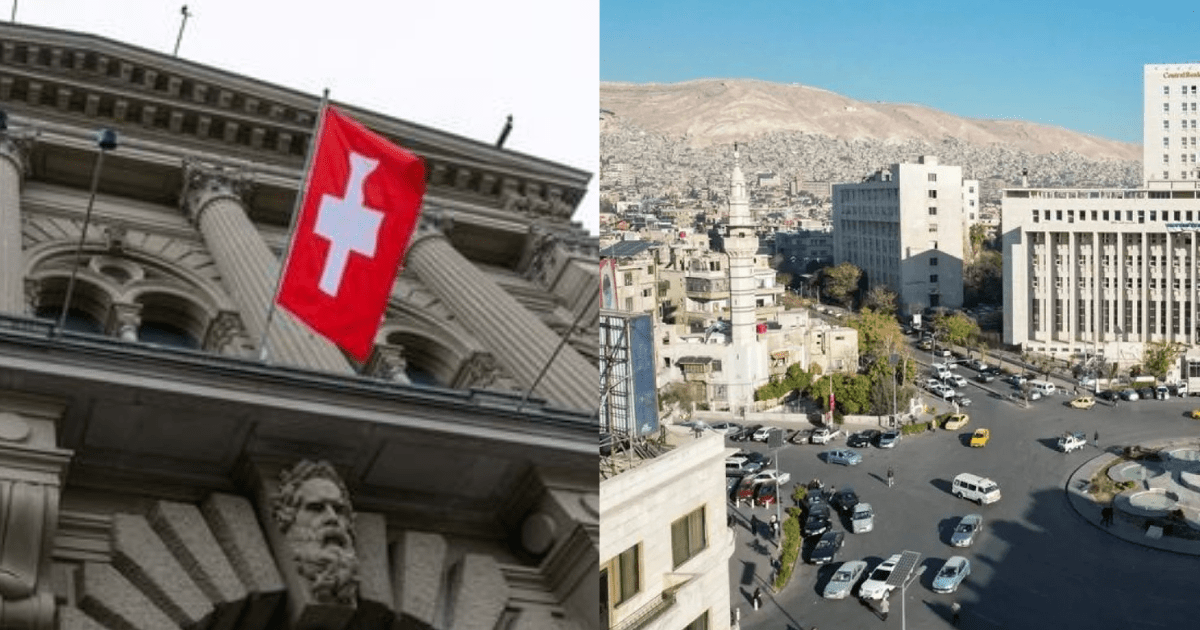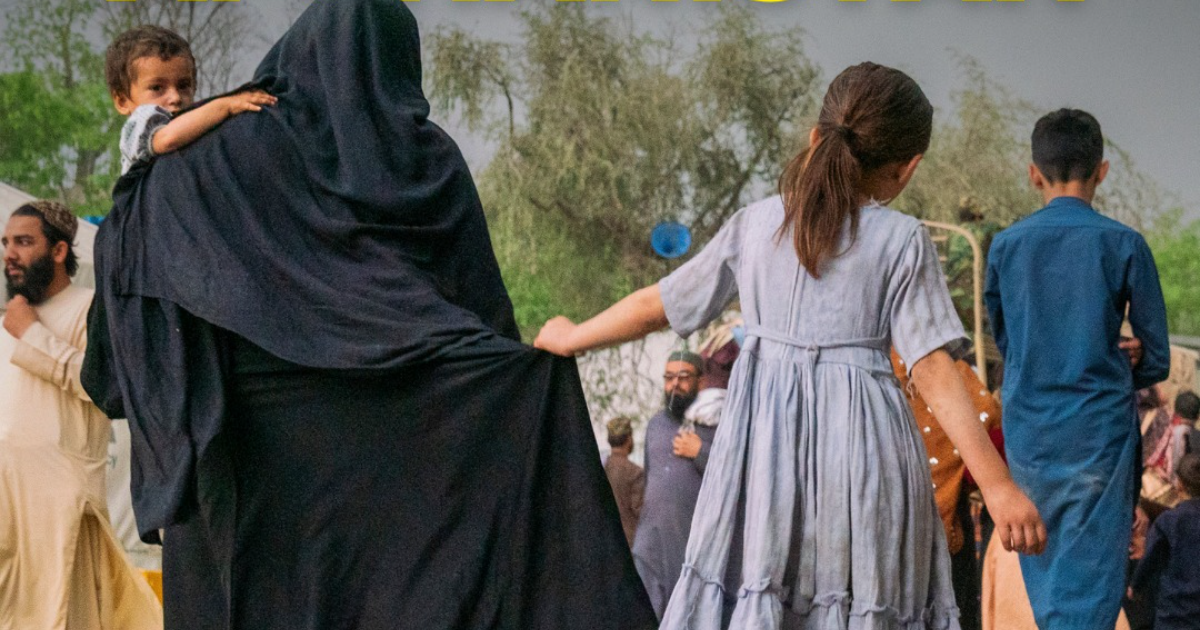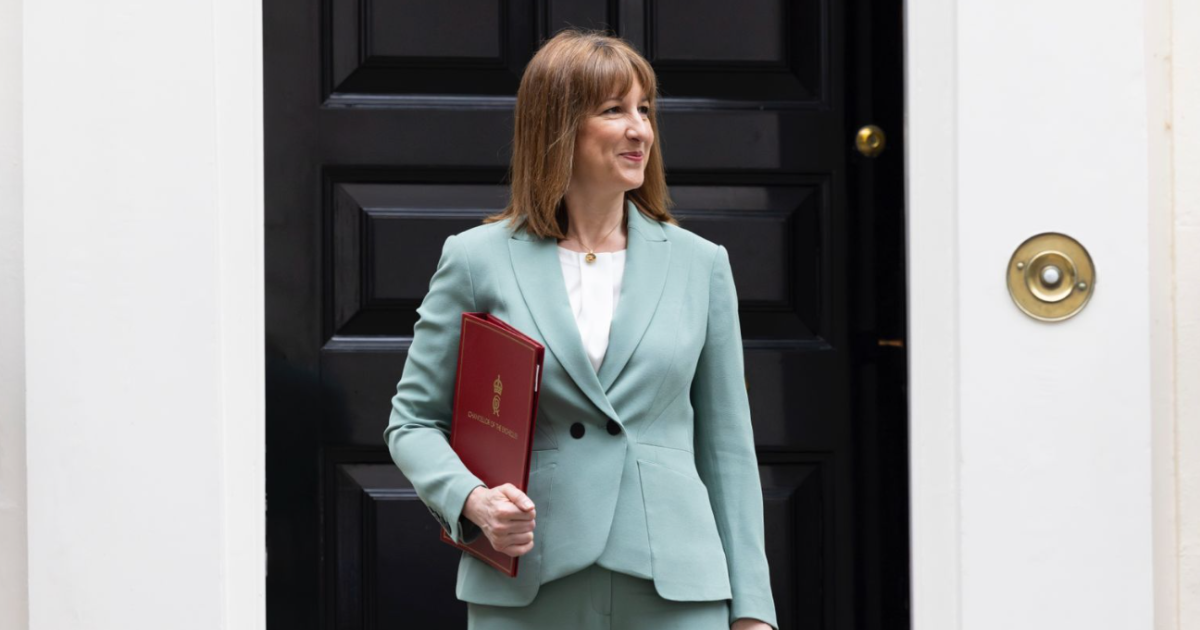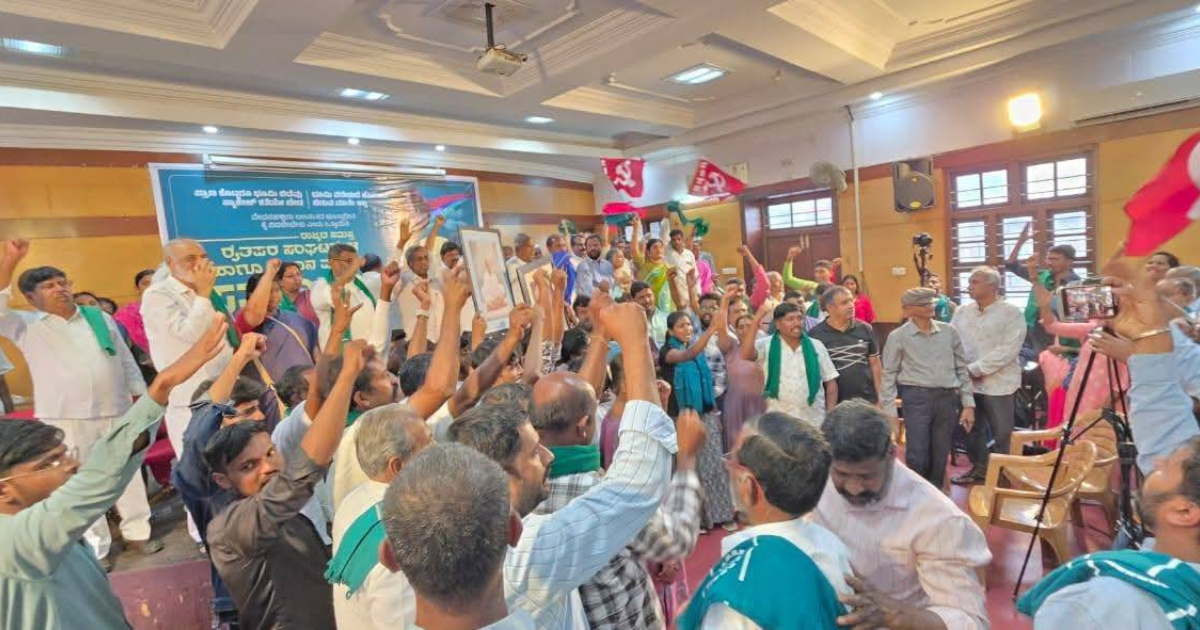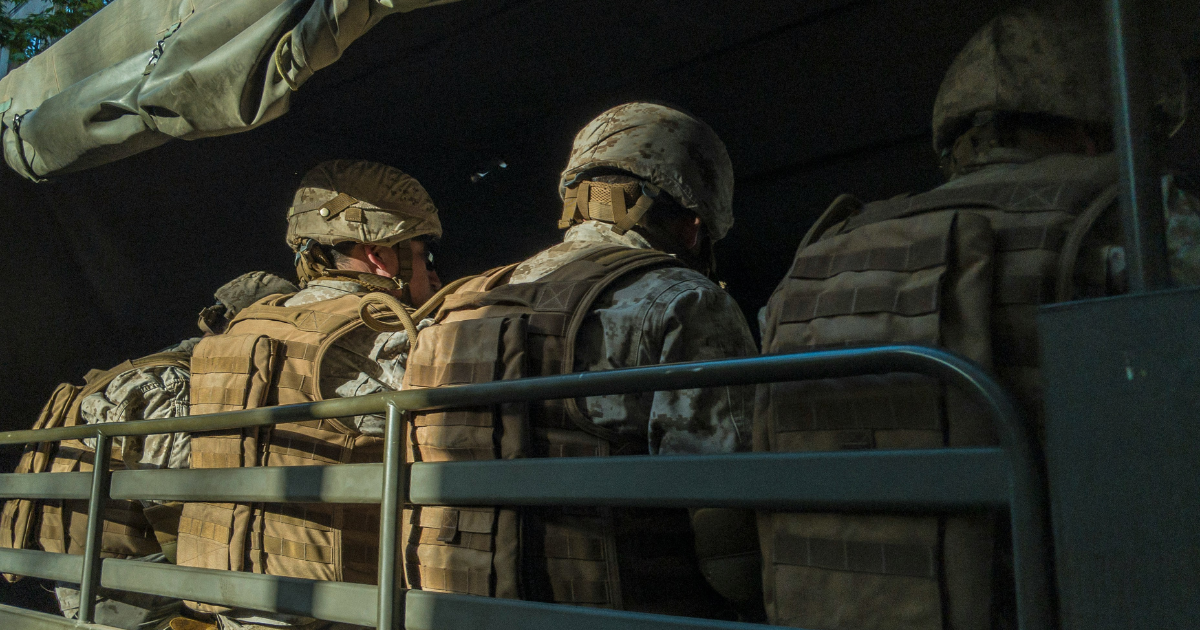In a surprising move to support seismic economic rehabilitation needs for Syria, Swiss Federal Council relaxed sanctions against Syria to enable reconstruction and the attainment of a peaceful political transition. The new measures included relaxing financial services, disengagement in precious metals and luxury goods.
The announcement finally drops sanctions which had followed and previous relaxation on March 7 and is in part because of the European Union sanctions on May 27. Furthermore, the Federal Council removed numerous Syrian parties from its sanctions list comprising certain entities of the Central Bank of Syria, thus allowing increased access international trade and financial networks.
To support Syria’s economic recovery and an inclusive and peaceful political transition, Switzerland has decided to lift economic sanctions against Syria as of 6pm today. The Federal Council will continue to monitor the situation there. https://t.co/aT9U6meYIG @DefrWbf
— Swiss Federal Government (@SwissGov) June 20, 2025
Sanctions Remain on the Former Assad Regime and Military Exports
Overall, Switzerland’s sanctions continue to target various individuals and groups associated with Bashar al-Assad’s former regime, which fell on December 8, 2024, including goods belonging to foreign military exports, and surveillance and repression goods and equipment. Switzerland enacted its first sanctions on Syria in May 2011 after violent crackdowns on civilians. The sanctions were implemented in line with the EU and were amended numerous times as the political situation evolved.
A Step Towards Stability and Growth
The Federal Council stated that this is also part of a larger policy strategy designed to support economic recovery for Syria and advance economic sustainability and political inclusivity. In addition, by eliminating trade and finance restrictions and advancing the reconstruction work, Switzerland would help support regional stability. Officials have also confirmed they will keep track of developments in Syria and make further assessments, depending on the implementation of peace and recovery policies in the country.
